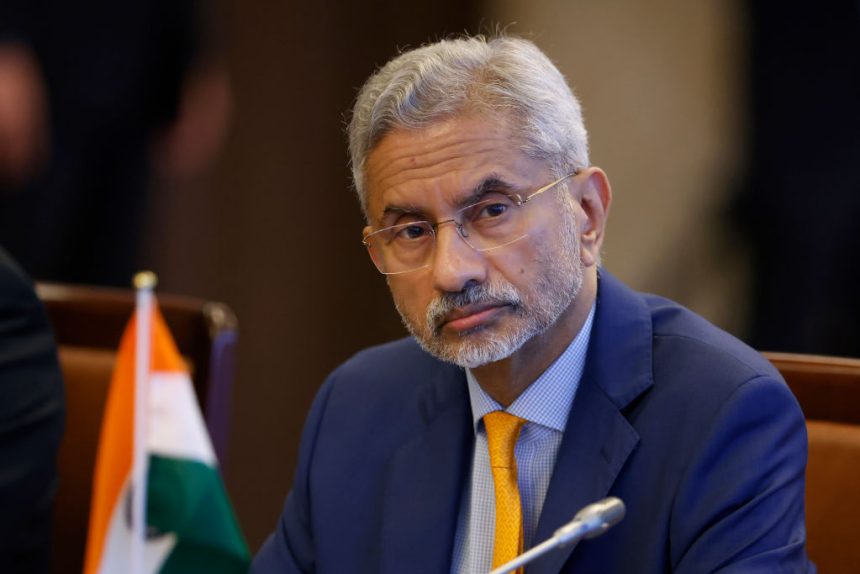In a candid interview with Politico during a visit to Brussels, External Affairs Minister Dr S Jaishankar issued a stern warning to Pakistan: India will not tolerate terrorism emanating from its neighbour and is prepared to strike deep into Pakistani territory if provocations continue.
Terrorism as State Policy — No Tolerance
Dr. Jaishankar accused Pakistan of training “thousands” of terrorists and unleashing them openly on Indian soil. “We are not going to live with it,” he said, asserting that any further “barbaric acts” like the Pahalgam attack of April 22 will be met with decisive counteraction—not limited to cross-border targeting but extending deep into Pakistan itself .
Operation Sindoor: Precision with Purpose
Just a month after India launched Operation Sindoor in response to the Pahalgam terrorist attack—which claimed 26 lives—Jaishankar reaffirmed that the operation was a measured, strategic strike targeting key terrorist infrastructure. India deployed Rafale jets equipped with SCALP-EG cruise missiles, HAMMER glide bombs, and precision artillery to disable eight main Pakistani airfields and terror bases across Punjab and Pakistan-administered Kashmir .
He emphasized that India inflicted far greater damage on Pakistani defences than reciprocal strikes, compelling Pakistan to request a halt to hostilities following DGMO-level talks on May 10 .
Ceasefire: Tactical Pause, Not Resolution
According to Jaishankar, while the ceasefire ended overt military action, it did not resolve the underlying issue of Pakistan’s use of terrorism as a state tool. “If you call the commitment to terrorism a source of tension, absolutely it is,” he stressed, affirming India’s stance of “zero-tolerance” toward state-sponsored terror .
Displaying Resolve on the Global Stage
During his European tour, Dr. Jaishankar also met with EU, Belgian, and French leaders. He aimed to secure European support for India’s diplomatic stand, making clear that safeguarding national security and eliminating terrorism remain Delhi’s top priorities .
Pahalgam: Tragic Catalyst for Change
The Pahalgam attack on April 22, which claimed 26 civilian lives—including tourists—served as the flashpoint. The assault reportedly targeted Hindu pilgrims, and The Resistance Front, associated with Lashkar‑e‑Taiba, initially took responsibility .
India’s Calculated Diplomatic Messaging
Jaishankar’s message strikes a dual chord: it is both a warning and a statement of resolve. India makes clear that while it prefers restraint, it has both the will and means to defend itself—employing precision force without escalation.
✅ Bottom Line:
🇮🇳 India: Prepared to strike deep into Pakistan in response to future terror attacks.
🛬 Operation Sindoor: Demonstrated advanced precision capabilities, disabling key terrorist and military infrastructure.
🎯 Diplomacy: India is rallying global support, refusing to concede to cross-border terrorism.
This diplomatic-hardline approach sends a clear message: India will defend its citizens and sovereignty, with global visibility and backing.




